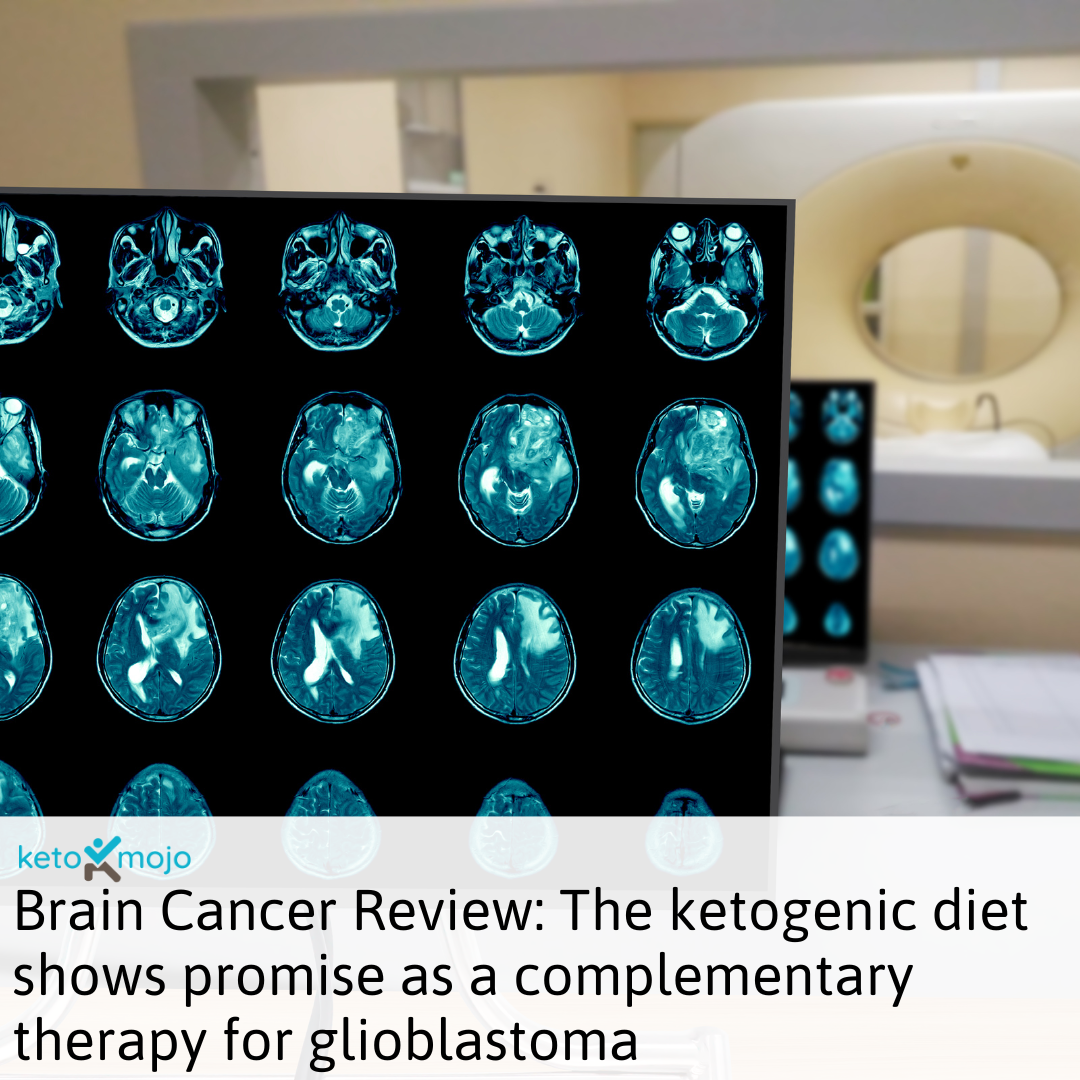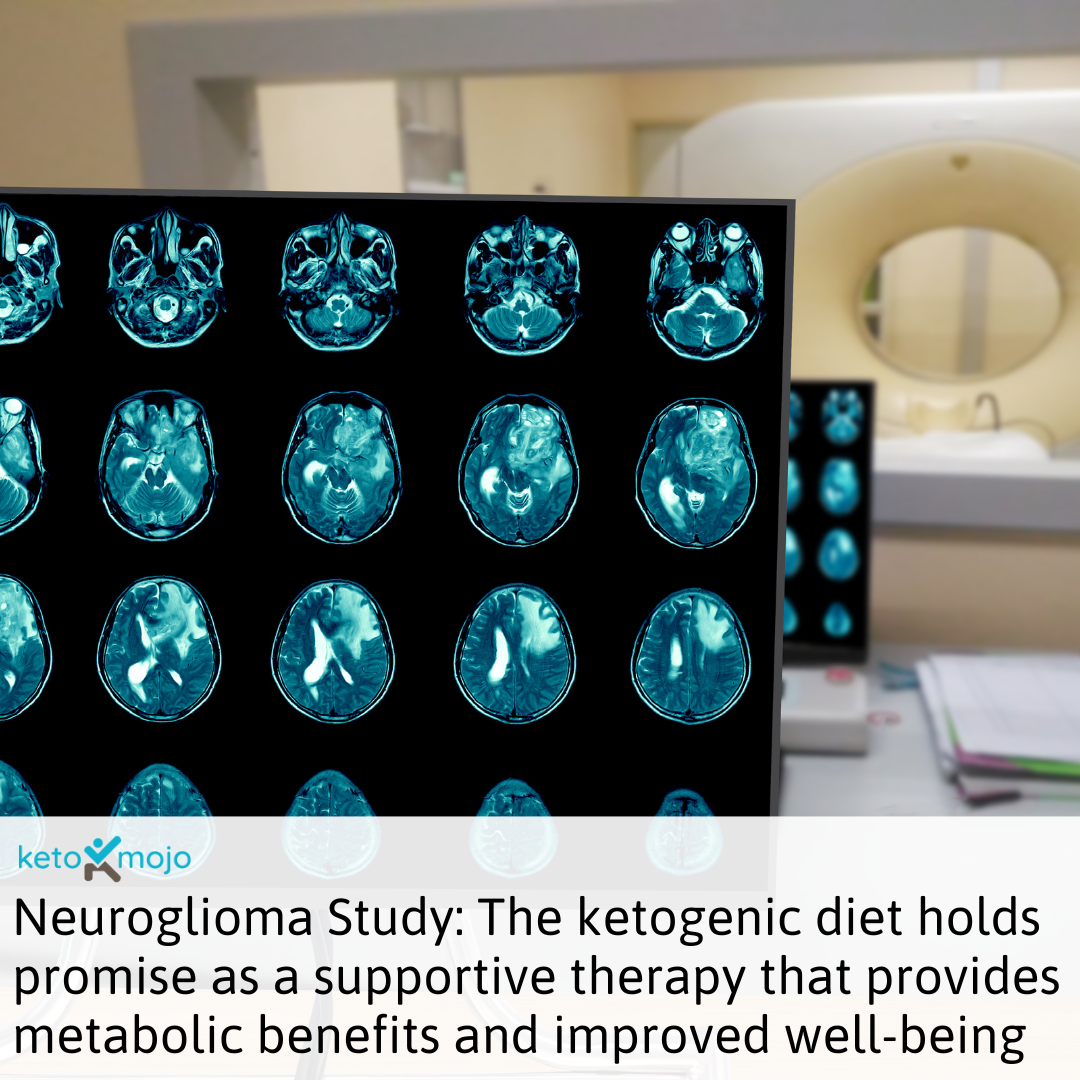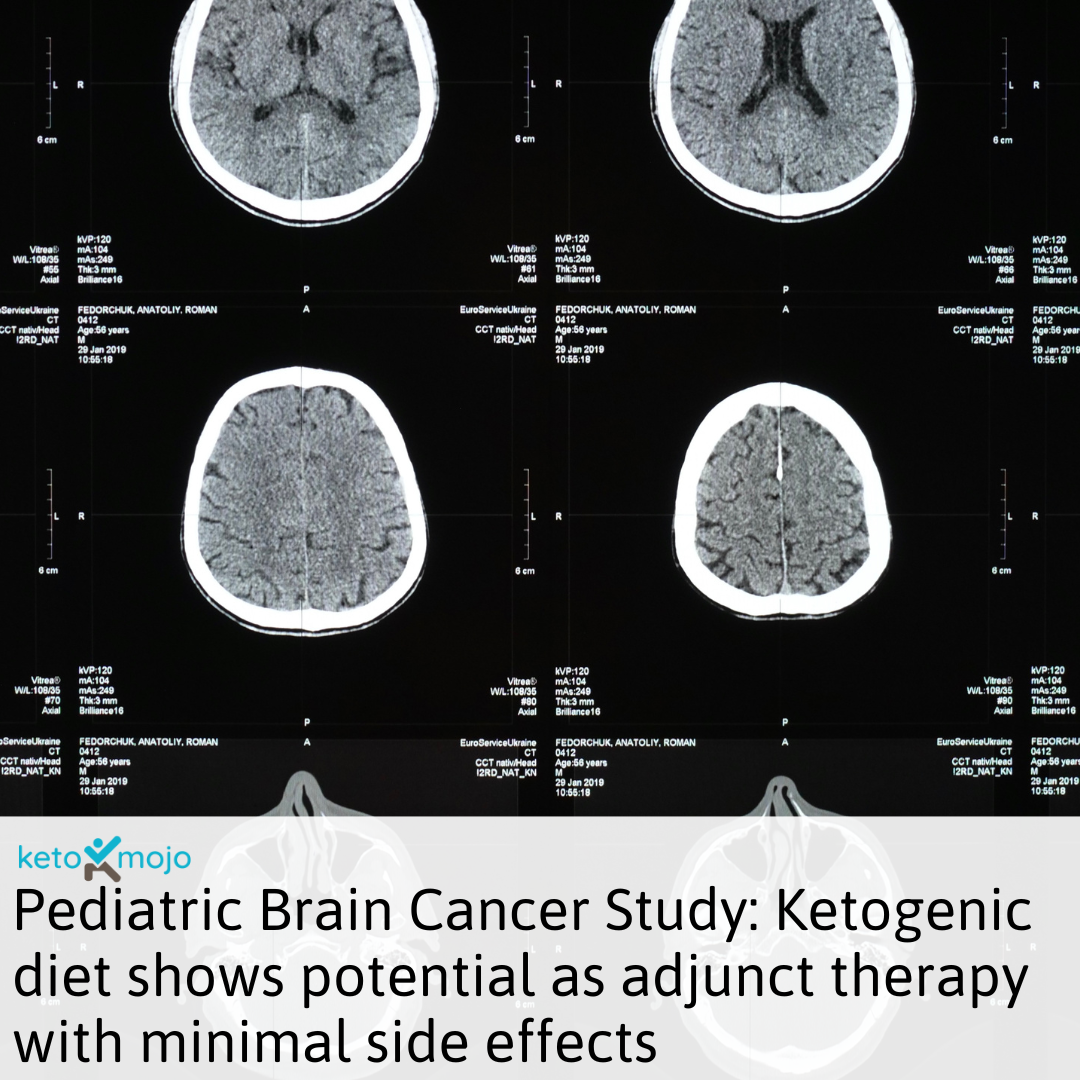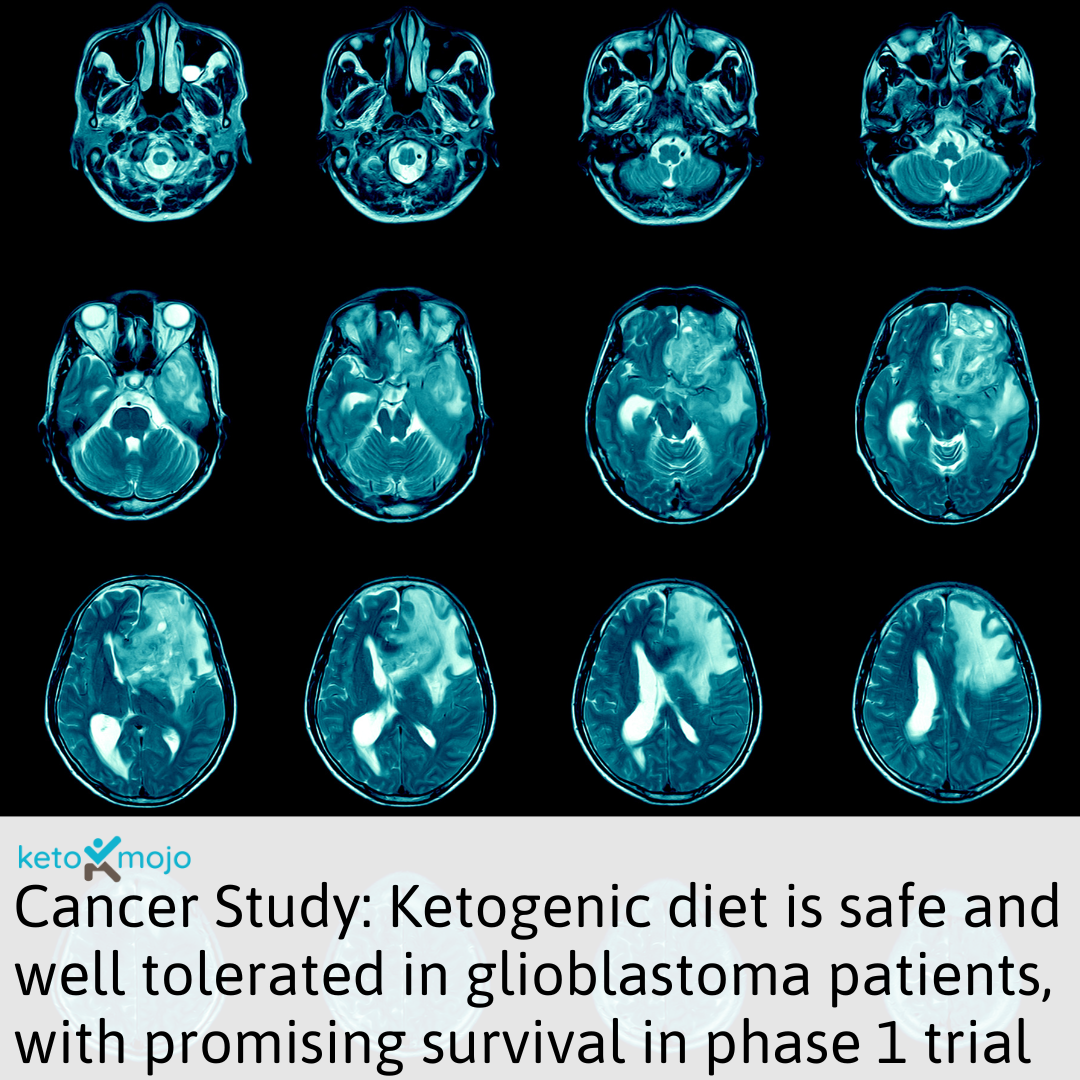Cancer
Systematic Review and Clinical Insights: The Role of the Ketogenic Diet in Managing Glioblastoma in Cancer Neuroscience

Glioblastoma (GBM) is the most common and aggressive primary central nervous system tumor, and it has a very poor prognosis. Despite advancements in treatments such as surgery, chemotherapy, radiation, and targeted therapies, these methods often carry significant risks and limited effectiveness.
There is growing interest in complementary approaches like the ketogenic diet, which induces ketosis, shifting the body’s primary energy source from glucose to ketones. Since GBM cells rely on glucose metabolism due to the Warburg effect and may struggle to use ketones, they could become more vulnerable to energy deprivation and conventional cancer treatments.
A recent systematic review evaluated the potential of the ketogenic diet as an adjunct therapy for GBM, focusing on its feasibility and efficacy across diverse types of studies.
The findings demonstrate that the ketogenic diet is safe and well-tolerated, with minimal adverse effects reported. Several studies suggest this approach may improve survival outcomes in adherent patients when used alongside standard therapies. The diet seems to create a metabolic environment that is unfavorable for tumor growth, potentially enhancing the effects of chemotherapy and radiation. However, current studies are limited by small sample sizes, lack of randomized control groups, and variability in diet adherence.
While the ketogenic diet shows promise as a complementary therapy for glioblastoma, further well-designed studies are needed to validate its efficacy and facilitate its integration into standard GBM treatment protocols.






